
Tapping Into Sound Waves
From fiber optics to wine glasses, a new discovery from the Yale Department of Applied Physics demonstrates how to increase the lifetime of sound in glass and silica materials.

From fiber optics to wine glasses, a new discovery from the Yale Department of Applied Physics demonstrates how to increase the lifetime of sound in glass and silica materials.
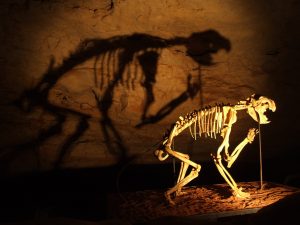
How much did the Ice Age’s widespread mammal extinctions actually impact the ecosystem, and what can this tell us about our mass extinctions today? Dr. Matt Davis of the Department of Geology and Geophysics investigates this question.

Yale researchers are using fractals to decode the signals planets leave in their star’s light. The answer to life, the universe, and everything? Might well be hidden in the noise.
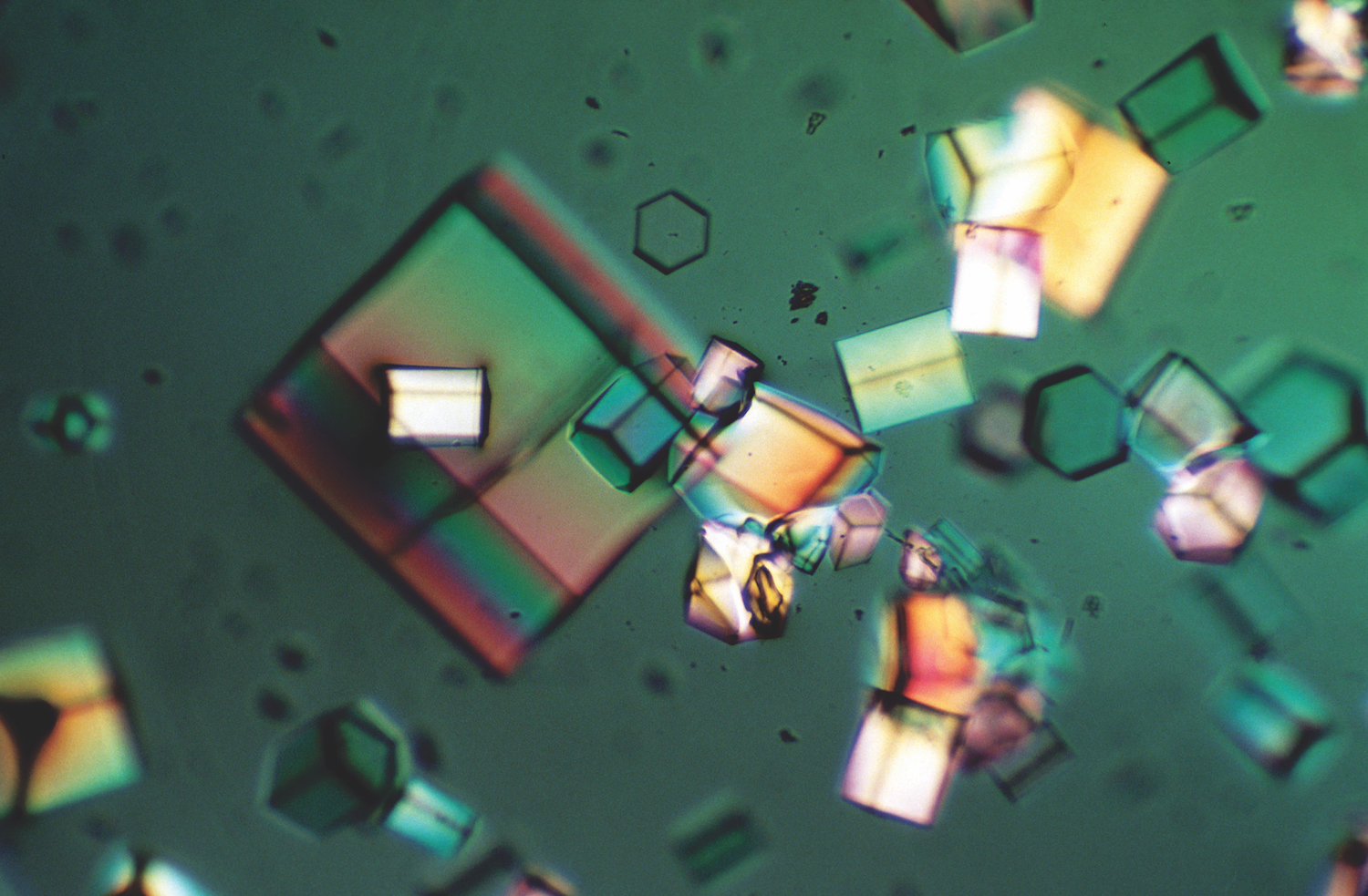
Proteins play an important role in all life processes. From catalyzing reactions to protecting our body to supporting cell structure, proteins have a wide variety
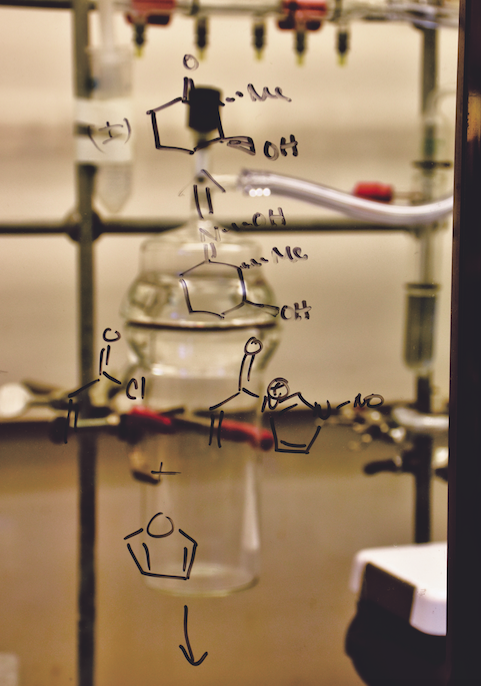
The Miller laboratory of Yale’s Department of Chemistry recently made a discovery in peptide catalysis that could change how we think about enzymes.
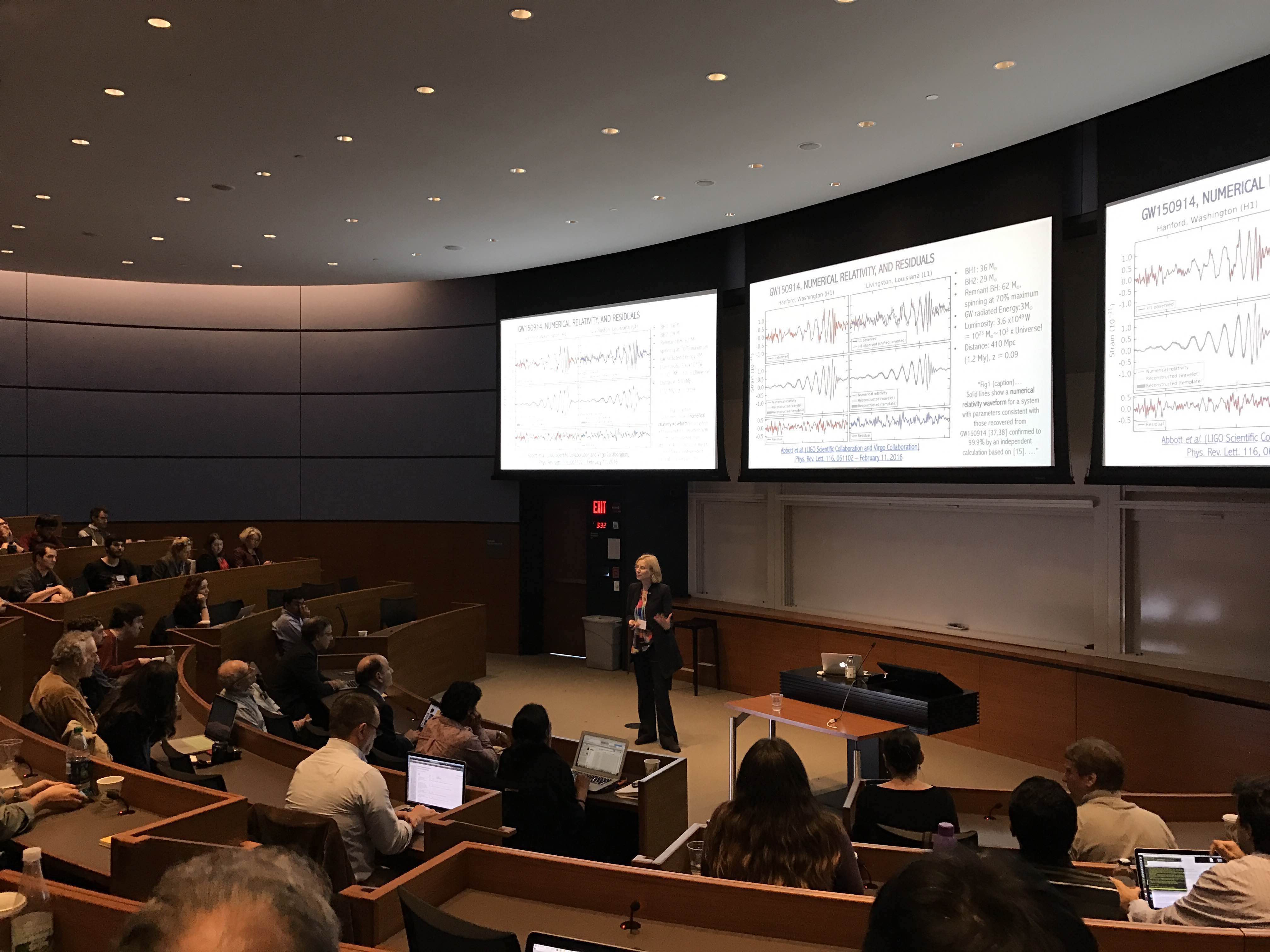
The third annual Gruber Cosmology Conference took place at Yale on October 7th, honoring discoveries advancing our understanding of the universe. This year’s Gruber Prize
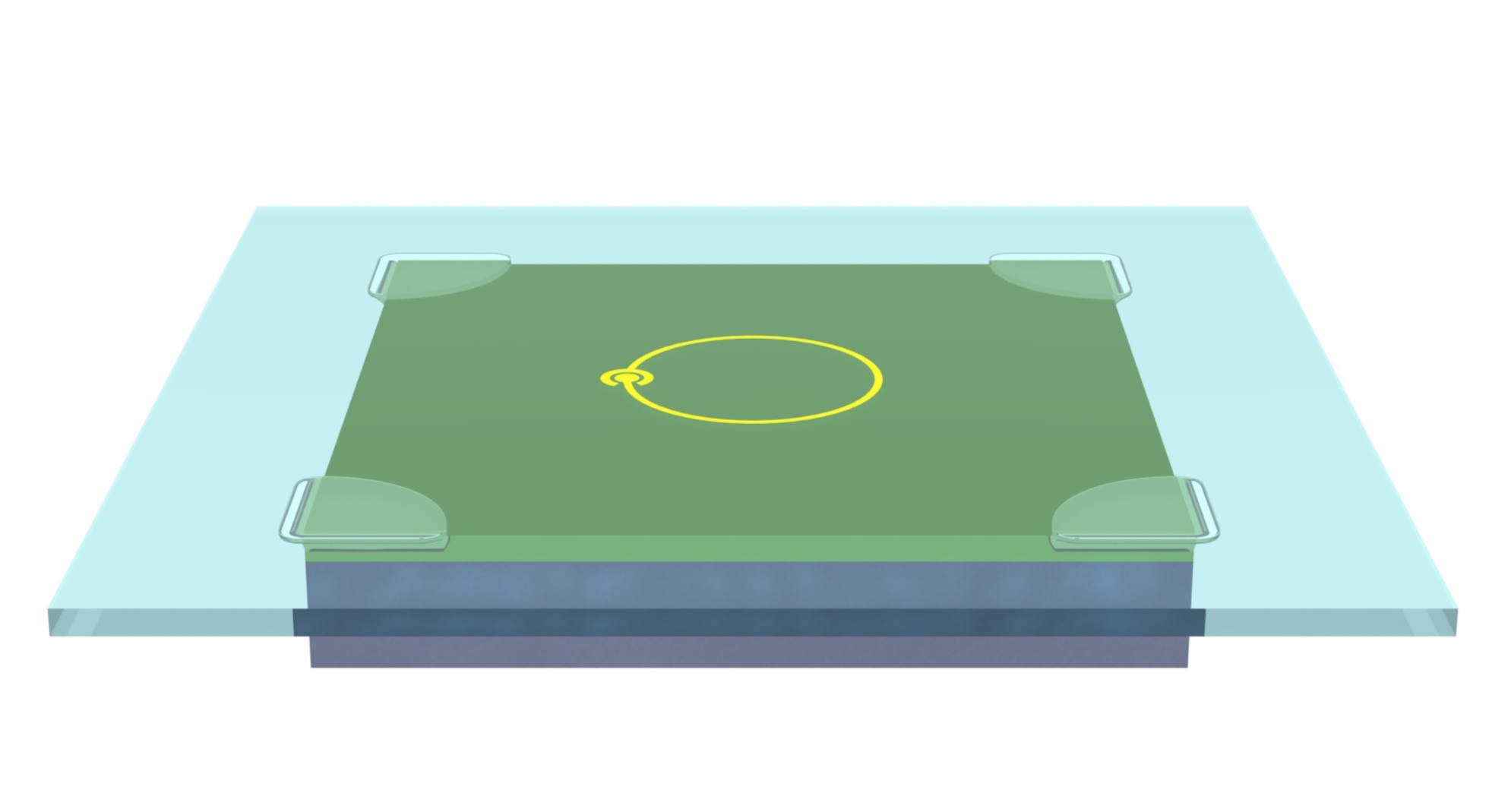
Have you ever wondered about the possibilities of uniting quantum mechanics and computer science? Yale researchers have made important progress towards the construction of more powerful quantum computers.

Materials inspired by gecko feet gather dust as Yale scientists and conservators team up to preserve fine art.
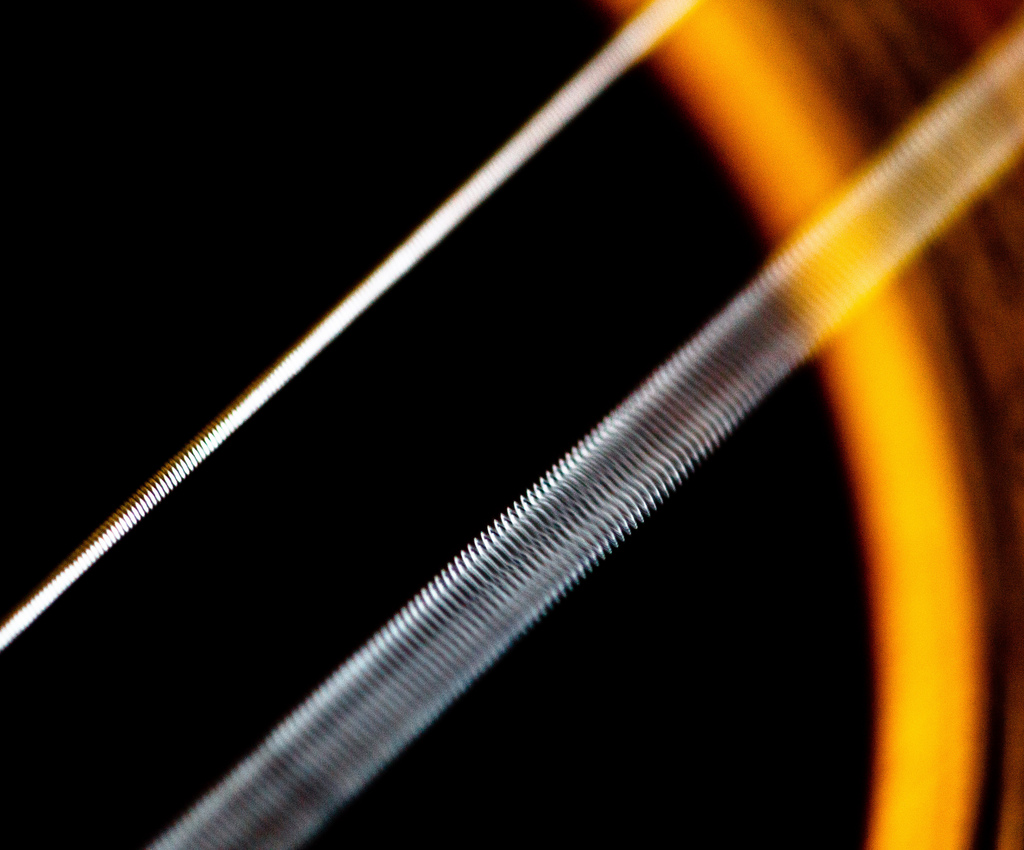
Can vibrating membranes reveal fundamental truths? An extension of the adiabatic theorem may lead to improved control of systems.

Despite what many researchers have thought, we are attracted to sugar more because of its caloric content than its sweetness, a new Yale study proposes. The study may provide new strategies to avoid excess sugar consumption as well as insight into balancing nutrition and taste in food products.